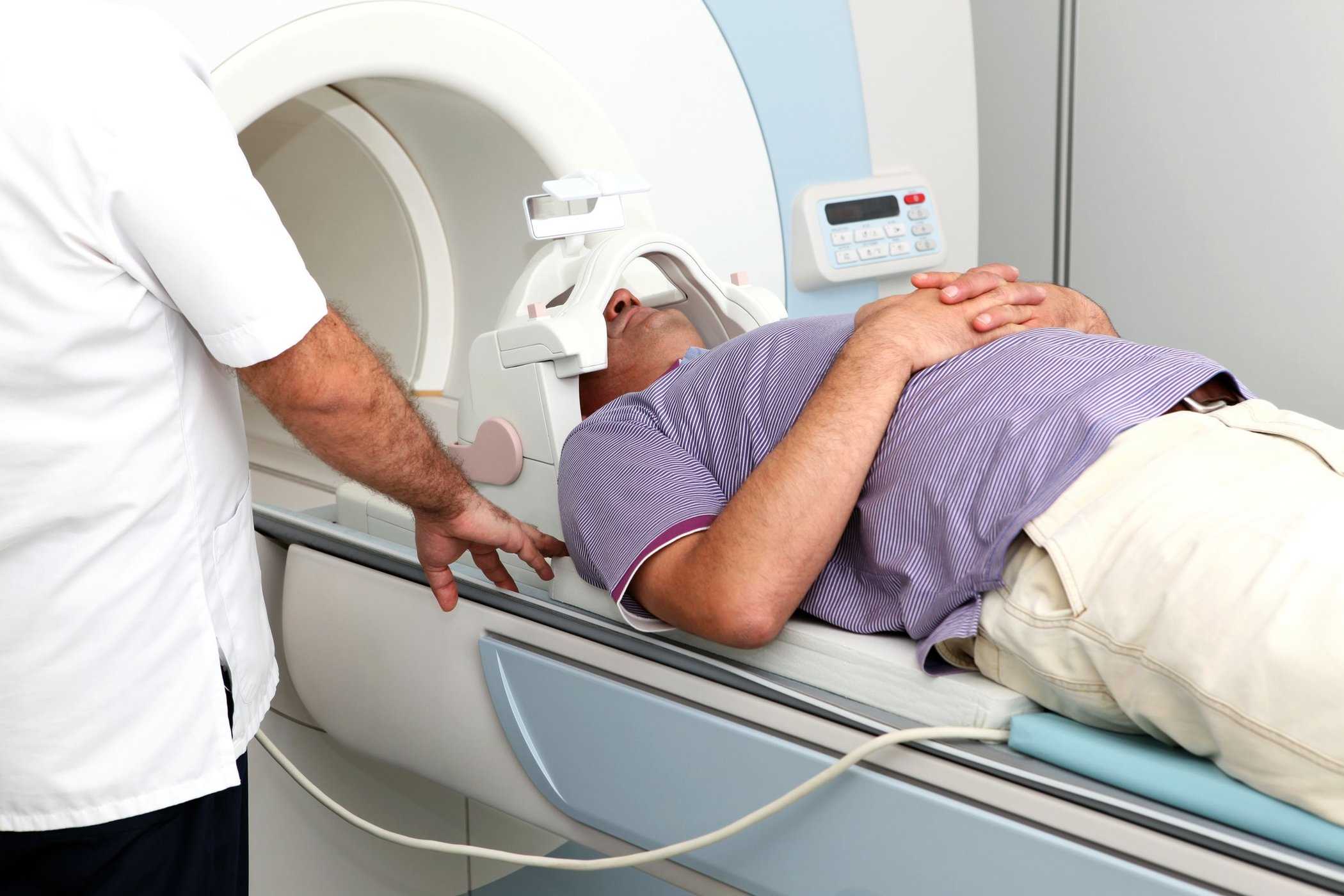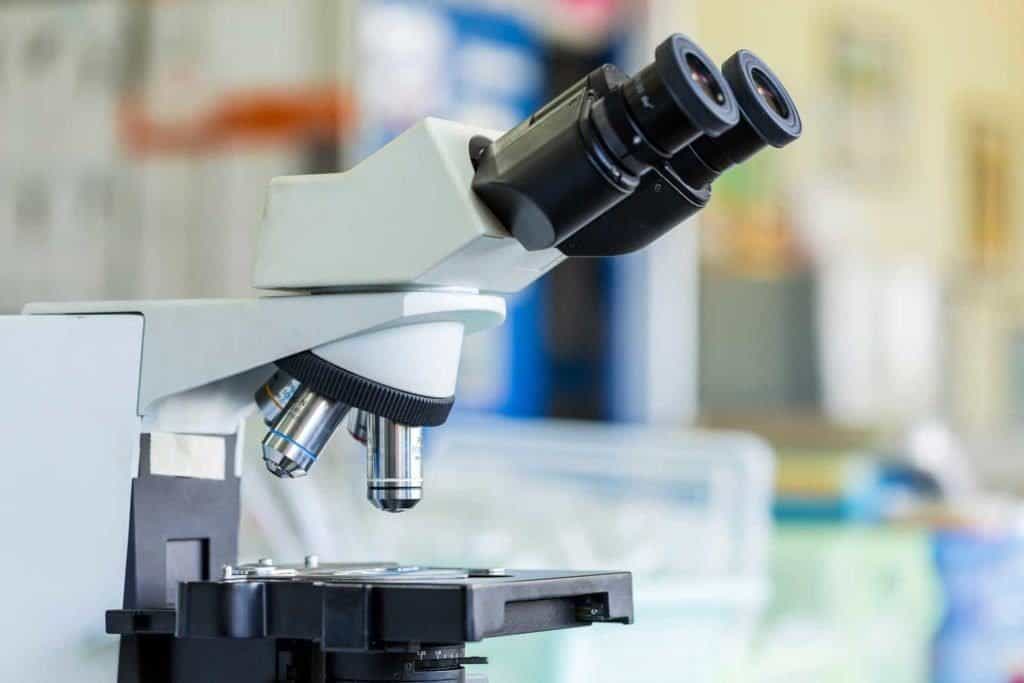Contents:
- Medical Video: What are the side effects of radiation therapy?
- How does radiotherapy work?
- What are the side effects of radiotherapy?
- Short-term side effects
- Long-term side effects
- Does radiotherapy make the body become radioactive?
Medical Video: What are the side effects of radiation therapy?
Radiotherapy is a treatment commonly applied to cancer patients to treat the growth of cancer cells. Radiation therapy uses high levels of radiation that aim to kill cancer cells and reduce tumor size. Nearly half of cancer patients are recommended to do radiotherapy, or at least 4 out of 10 cancer patients are recommended to do radiotherapy as a cancer treatment.
Although the focus of radiotherapy is to treat cancer, radiotherapy is also used to treat non-cancerous diseases such as tumors, thyroid disease, and various other blood disorders can also be treated with this treatment. Advanced cancer patients are also encouraged to do radiotherapy, not to cure but to reduce the symptoms and pain experienced by sufferers.
How does radiotherapy work?
Radiotherapy is given to the growing part of the cancer cell to stop and destroy the cancer cells. However, because radiotherapy is usually done in high doses (in order to kill cancer cells) normal cells that are around the part of radiotherapy are sometimes damaged. Even so, doctors will try to give high doses to cancerous body parts and very low doses for parts that are not affected by cancer. This therapy will work by damaging the DNA of cancer cells which then stops its growth.
There are two types of radiotherapy that can be done to cure cancer, namely:
External radiotherapy, which is the radiation beam that is given using X-rays, or various machines used outside the body.
Internal radiotherapy, namely how to give radiation through the inside of the patient's body. Substances that contain radiation will usually be injected into a blood vessel or drunk until the substance can reach the place where the cancer cells grow.
What are the side effects of radiotherapy?
Side effects that arise due to radiotherapy will vary, depending on the condition of the body of each patient. Some may only experience mild, moderate, and even severe symptoms. In addition, the side effects that arise will also depend on the part of the body affected by radiotherapy, the dose of radiation given, and various other treatments that may be being carried out by the patient while doing radiotherapy.
There are two types of side effects that will arise after radiotherapy, which are short-term effects in which the effect will be directly experienced by the patient, and the long-term effects that will arise after some time the patient does radiotherapy, can be in months or several years thereafter.
Short-term side effects
The most frequent symptom when someone gets radiotherapy is nausea and vomiting, blackened skin on the part of the body affected by radiation, hair loss little by little (but if you do radiotherapy on the head, neck, or face, maybe the loss will be more ) feeling tired, menstrual disorders in women, disorders of the number and quality of sperm in men, and various skin problems.
Not only that, patients who undergo radiotherapy will experience a decrease in appetite and cause problems in the digestive system. But patients who are undergoing therapy must maintain their nutritional status and health through intake. Here are tips that can be done to maintain the intake of patients undergoing treatment:
- Try to eat small portions often, at least 6 times a day but not too much food.
- Keep choosing healthy and clean food sources
- Always provide snacks or healthy snacks, which can withstand sudden hunger.
- Avoid spicy and acidic foods to prevent mouth problems
- Don't smoke or drink alcohol
- Brushing your teeth frequently to maintain health and oral hygiene
Long-term side effects
It was mentioned earlier that radiotherapy not only damages the DNA of cancer cells but also in normal cells. When normal cells also get damaged, various side effects will appear.
- If the radiotherapy is the abdomen, the bladder is no longer elastic and makes the patient urinate more often
- The breasts will be harder and tighter after radiotherapy in the breast
- If the pelvis is exposed to radiation, the vagina becomes narrower and less elastic
- The arm becomes swollen if the shoulder is treated
- Disorders of lung function due to getting radiation in the chest
- While patients who get radiation in the chest or neck, are at risk of experiencing narrowing of the airways and throat, making it difficult to swallow
- For radiotherapy carried out around the pelvis, it will cause effects such as inflammation of the bladder, and abdominal pain due to urinary tract infections
Does radiotherapy make the body become radioactive?
External radiotherapy treatment or radiation given from outside the body will not make the body become radioactive or a dangerous source of radiation. While radiation given through blood vessels or parts of the body can cause harm to people around him, especially for children and mothers who are pregnant. For this, it is better to discuss it with your doctor, what steps should be taken to reduce the effects of radiation that might harm other people.
READ ALSO
- 5 Types of Cancer with the Biggest Life Expectancy
- Tips to Help Your Teenager Face Lung Cancer
- 4 Guide to Sports After Cancer Surgery












